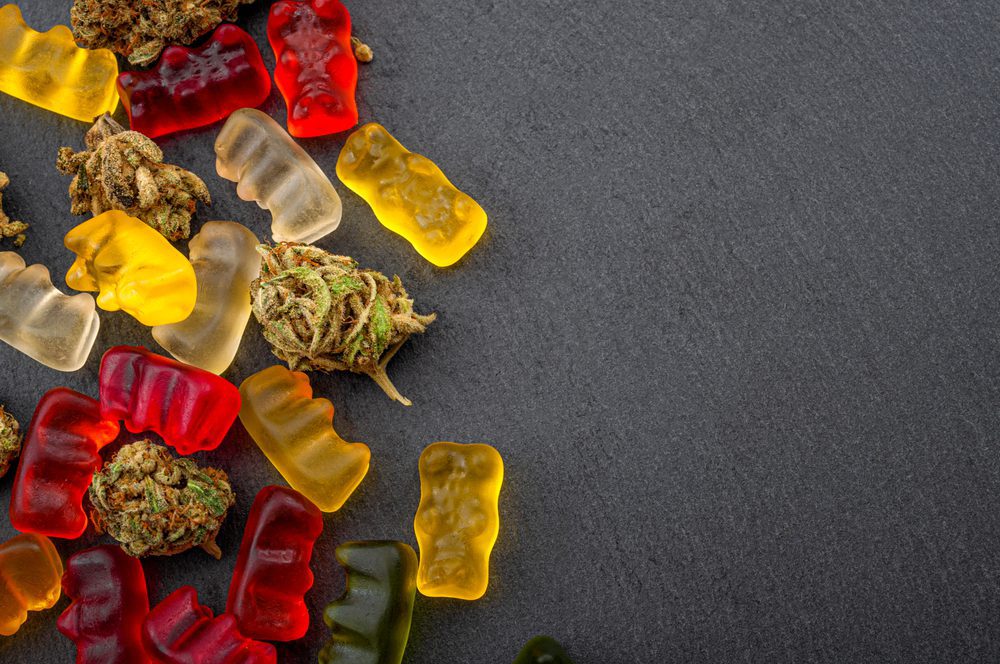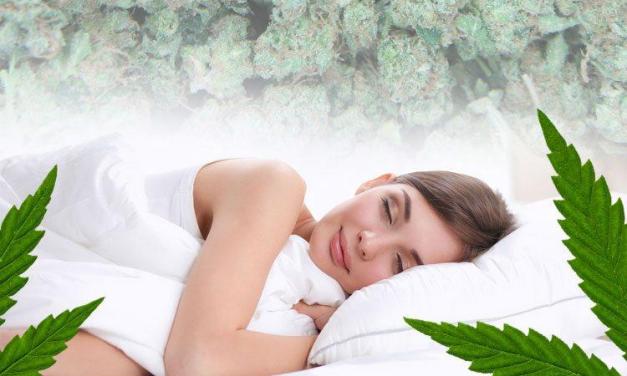
How do Edibles Affect Sleep?
If you’re going to sleep on edibles, you should know that the impact continues for up to 6-8 hours. This length of time is because cannabinoids cannot be active until the body has digested the substance; hence, while you traverse the process of digestion, the impacts of marijuana remain to be felt.
Since they will continue to break down and completely incorporate into the circulatory system throughout the night, supplying you with a steady stream of cannabinoids, edibles are a great sleep aid.
Benefits and Risks of Using Edibles for Sleep
One suggests that nabilone, a different synthetic version of cannabis, may help with posttraumatic stress disorder-related sleep issues. Many individuals with PTSD claim that using cannabis helps them sleep better.
However, much more research is required to determine whether CBD can aid with sleep.

The Risks of Using Medical Marijuana
The compounds found in marijuana or other drugs get ingrained in the body and brain. One will need to utilize a greater dose to achieve the same benefits. If you use marijuana frequently, it can stop working as well as a sleep aid, or you might have trouble falling asleep on your own accord.
Although it is unlikely that you might overdose on THC or CBD, there are still a few things to consider.
- Withdrawal
- Dizziness
- Inability to think coherently
- Health concerns
- Abuse of substances
Top 5 Best Edibles for Sleep
Below are the best edibles for sleep:
- Gummies – The sleep gummies also contain L-theanine and valerian root, two effective sleep enhancers, and THC and CBD. Each gummy includes 2 mg of CBD and 10 mg of THC.
- Cacao Keto Bites – With a 5 mg THC and 5 mg CBD content, these chocolate pieces are a good microdose combination of THC and CBD.
- CBD Softgels – Minus the additional chemicals, these capsules are absorbed in the body like edibles. They contain a variety of cannabinoids in large doses that can cooperate to improve sleep. Each capsule has 7.5 mg THC, 2.5 mg CBN, 5 mg CBDA, and 25 mg CBD.
- Midnight Blueberry Camino – These gummies include CBN, chamomile, and lavender extracts to promote sleep. Each has a THC and CBN content of 5 mg.
- Tranquility – Tranquility gummies get calibrated to help you fall asleep by producing various calming effects. They have 5 mg of CBD, 5 mg of THC, and 5 mg of CBN.

Tips for Using Edibles for Sleep
If you’re using edibles for sleep, consume the edible about an hour before bedtime because it may take some individuals as long as two hours to feel its full impact. As soon as you start to feel the effects, you should get some sleep to prevent the cannabinoids from being wasted.
Final Thoughts
Getting a good night’s rest is highly important; however, struggling to do so is highly common. One way to potentially help, is by taking edibles.
If you’re struggling with sleep and are considering using medical marijuana, it’s always best to consult a doctor first.
FAQ
What are some of the best edibles for promoting sleep?
When it comes to edibles for sleep, those with higher levels of CBD are often recommended. CBD has calming properties that can aid in relaxation and contribute to better sleep. Edibles such as CBD-infused gummies, chocolates, or capsules are commonly used for this purpose.
How long does it take for edibles to take effect for sleep?
The onset of effects from edibles can vary, but generally, it takes anywhere from 30 minutes to 2 hours for the effects to be felt. Factors such as metabolism, the contents of the edible, and individual tolerance levels can influence the timing. It's important to start with a low dosage and allow ample time for the edible to take effect before consuming more.









